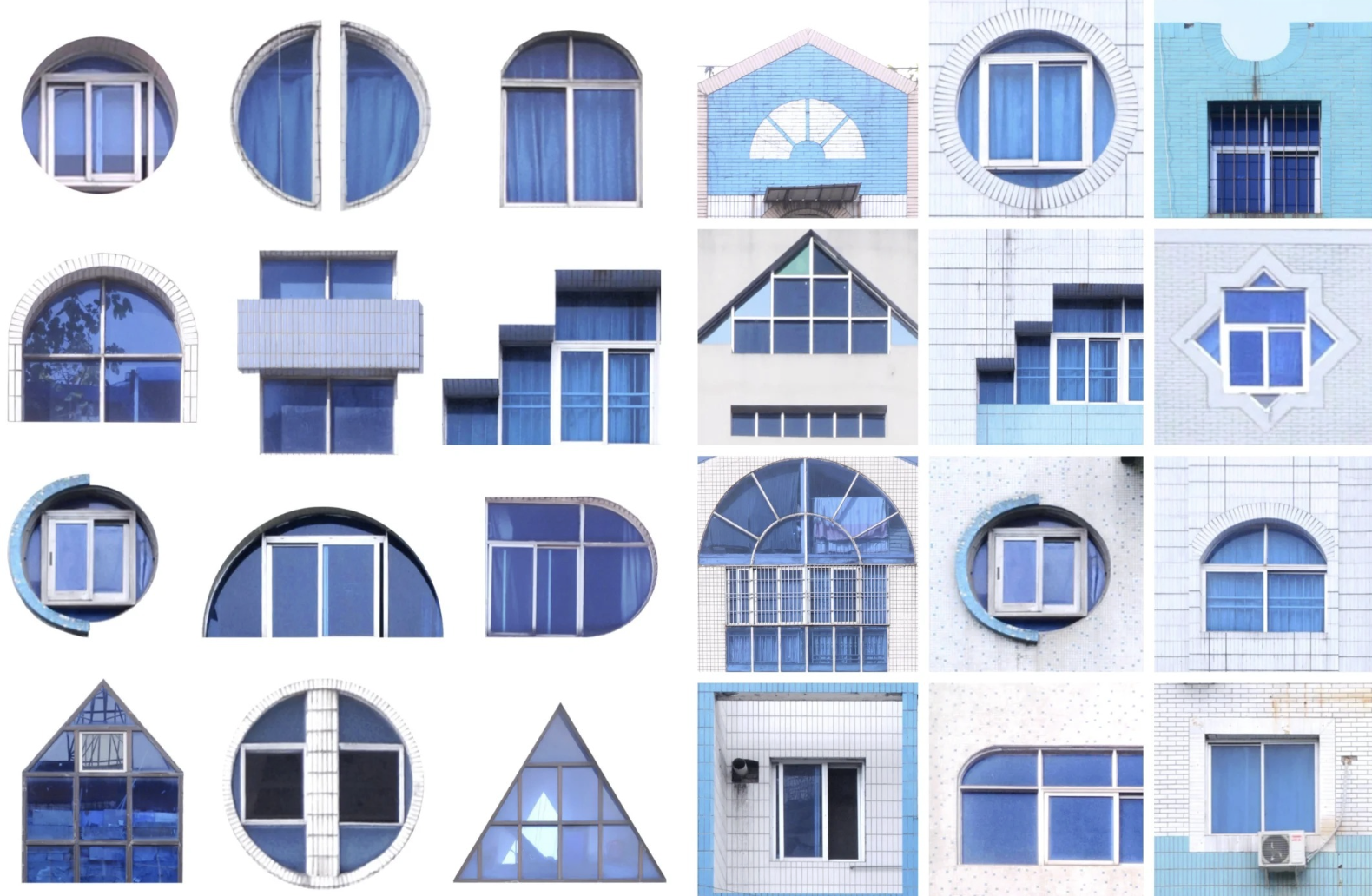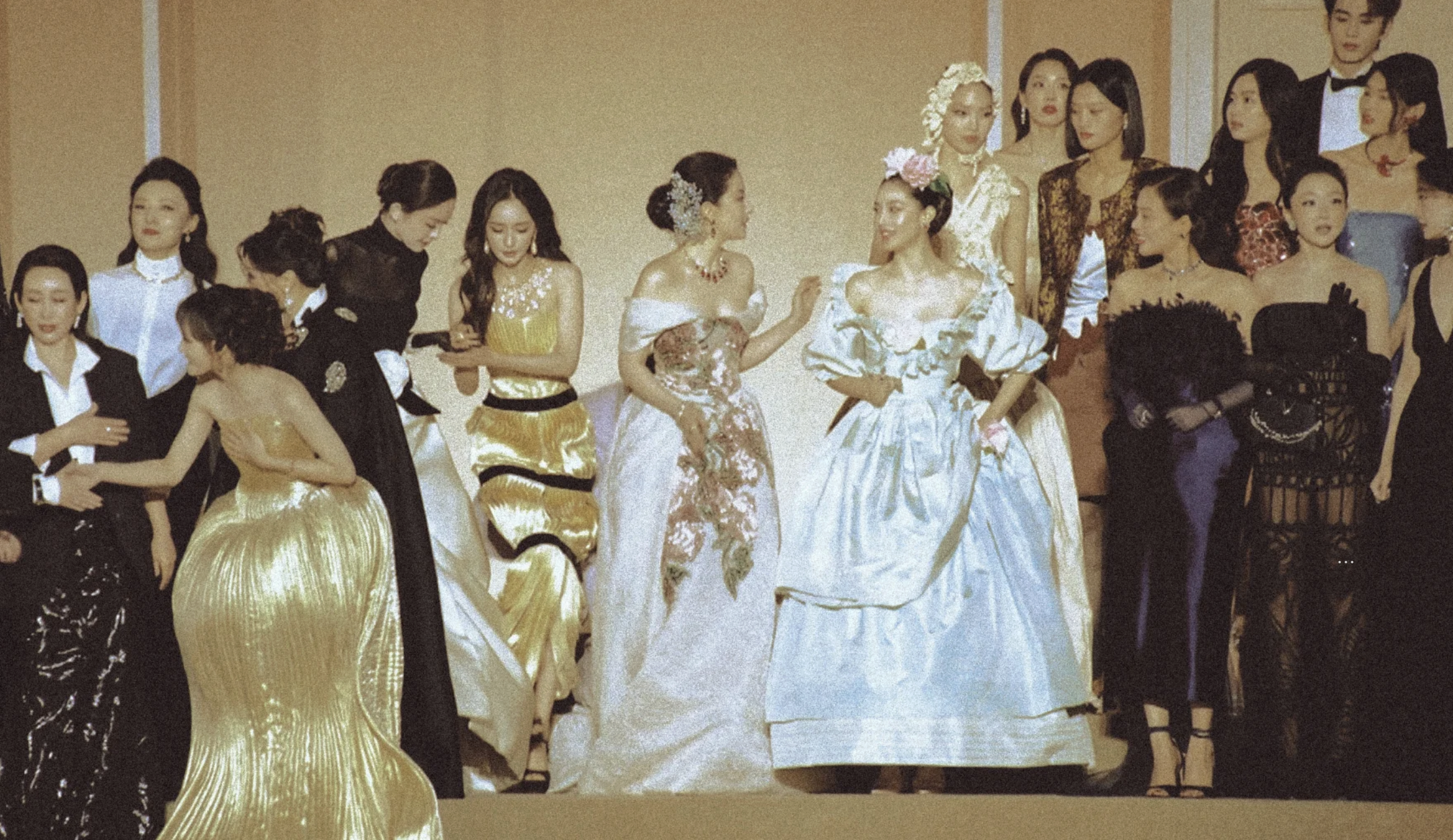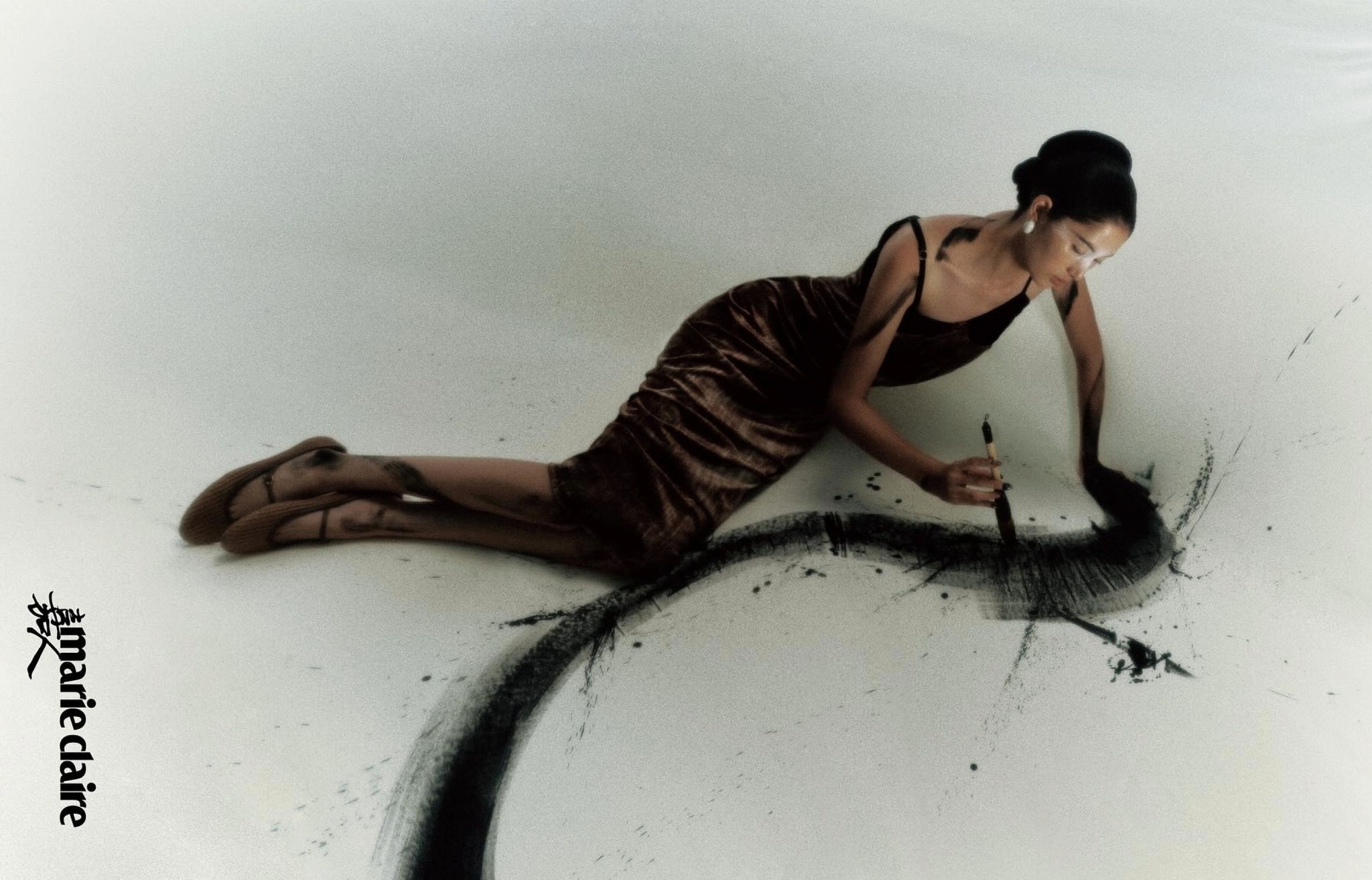Meet three Chinese-born fashion photographers engaging with the aesthetics of girlhood-core: Mengyu Zhou, Kiki Zhou, and Lijia Yue’s photos encapsulate aspirations, states of emotion and universal experiences shared in the midst of youth.
Type “girlhood-core” into Pinterest and you get 25 thousand variations of “I’m just a girl” memes, cute woodland animals, hazy atmospheric photos, and shades of bright pink filtered through the algorithm. But the photos taken by Mengyu, Kiki, and Jiayue have a different spin to them, with each photographer choosing a grittier, documentary-like style to express themselves. These three are the ones to watch when exploring the ever-evolving state of growing up a girl.
Mengyu Zhou
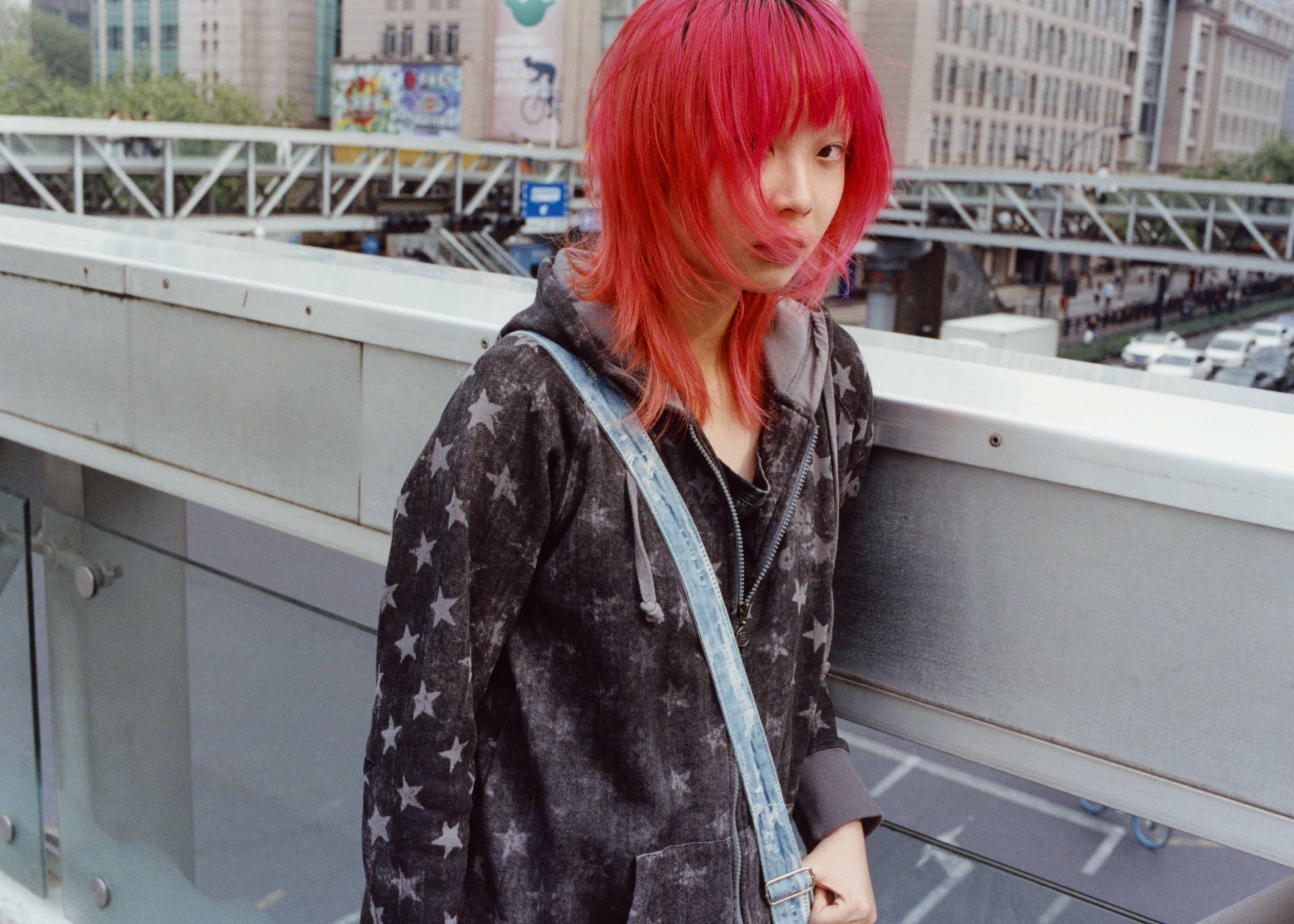
Mengyu Zhou is a Chinese photographer based in Berlin. At a young age, she moved to Germany with her family. Her passion for photography started as an outlet for personal expression that helped her transcend the language barrier. Her work has previously been featured on i-D UK, while her clients include Slam Jam, Rus, and Marieyet. She is also the founder of Berlin-based street-casting agency Seen Casting.
Wei Ting Wong: What does being a girl mean to you and how does that influence your photography?
Mengyu Zhou: For me, being a girl is a mix of contradictions: messiness, resilience, rebellion, curiosity, confusion, all wrapped up in one. I enjoy the process — trying to figure out what makes me me, to embrace my own identity. It shaped the way I approach photography. It is about being present, observing, and capturing life as it is.
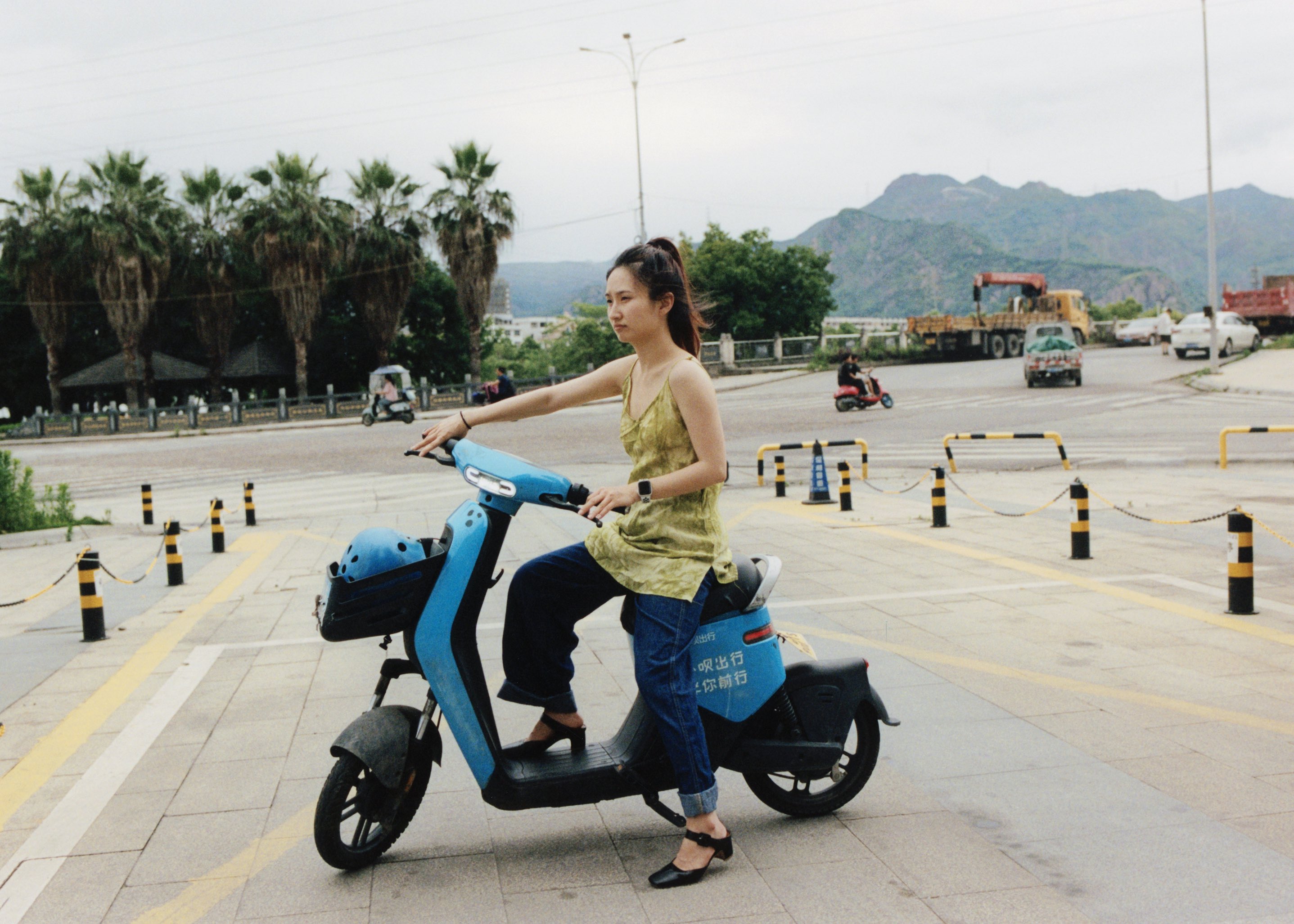
Wei: What do you look for in the framing of a photo? When is the moment you decide to snap the picture?
Mengyu: I always look for authenticity and genuine human connection. It comes from a sense of curiosity and desire to understand people and their stories.
Wei: What characteristics do you look for when casting a model?
Mengyu: Uniqueness! I love finding people with that special something that sets them apart. I do all the scouting myself, most people I photograph are street-casted.
Wei: What influences your photography style?
Mengyu: Aside from learning from all the legendary photographers and artists, my inspiration comes from my everyday life, from my favourite childhood cartoons to my grandma’s personal style.
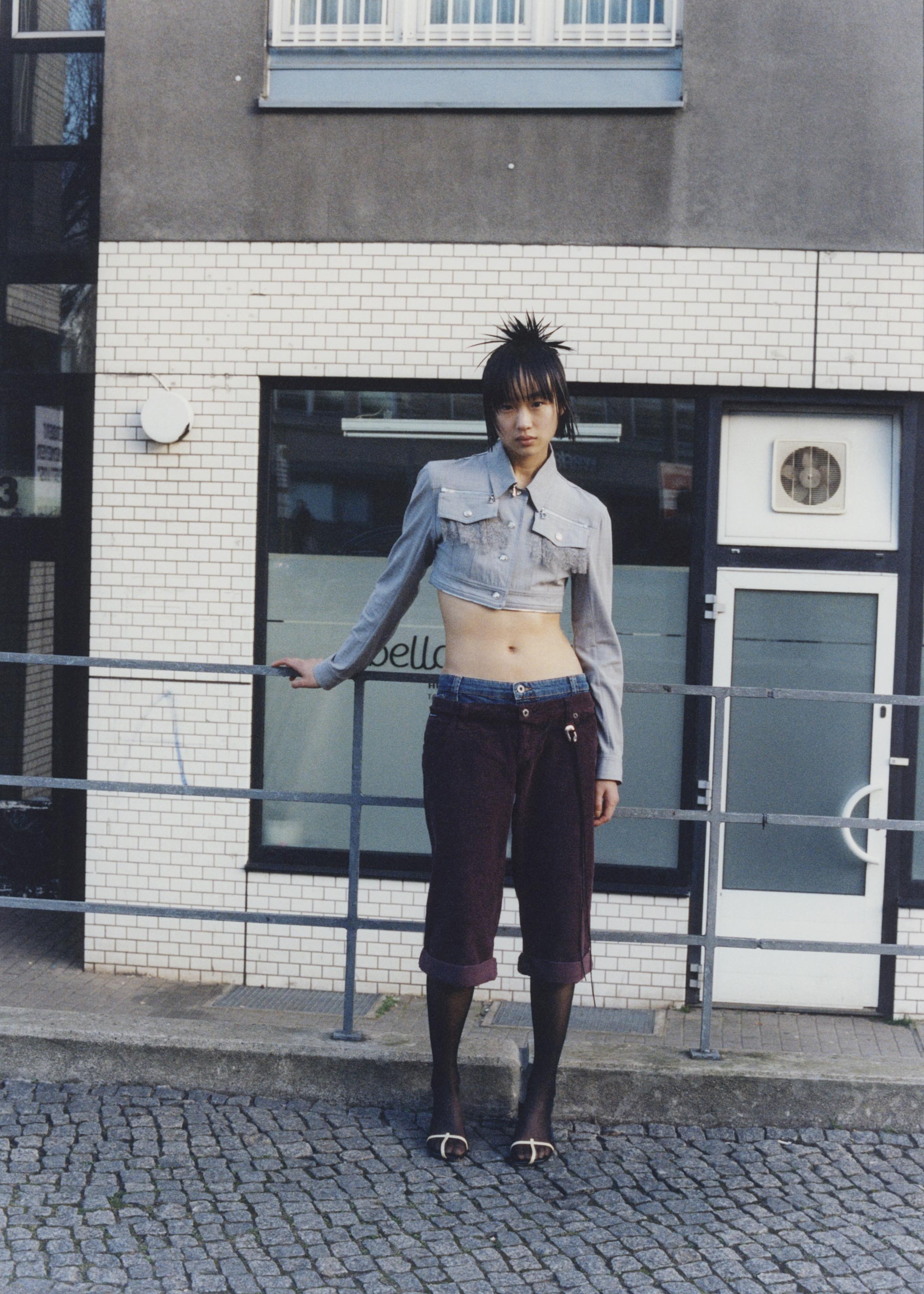
Find more of Mengyu’s work at @mengyu___ and @seen_casting.
Kiki Zhou

Kiki Zhou is a freelance photographer currently based in Tokyo. She moved to Tokyo two years ago, and first spent a year and a half studying Japanese at a language school while building her connections. Her interest in photography started whilst taking photos of her friends in her university days and submitting them to her school magazine. Her style is accessible, cute and sexy. Some clients include Artbasel, Momentel, and Om Weekend.
Wei Ting Wong: What does girlhood-core mean to you and how does your photography play with the themes within it?
Kiki Zhou: To me, girlhood-core is an aesthetic that celebrates the complexity of girls — both their strength and vulnerability. In my photography, I like to create a soft, warm atmosphere — focusing on gentle lighting, pastel colours, and intimate moments that allow the subject to feel comfortable and fully themselves. It’s about creating a space where girls can embrace their true essence.

Wei: What characteristics do you look for when casting a model?
Kiki: I look for people who are unapologetically themselves. Whether they’re shy or outgoing, I want models who are comfortable in their own skin. That is the key to creating an authentic image.
Wei: What do you think is the best thing about photographing girls?
Kiki: I almost exclusively take photos of girls subconsciously. I think it comes from seeing parts of myself in each girl, and wanting to bring out their unique personalities. Every girl has her own distinct beauty, and capturing that beauty through my own female perspective is very exciting to me.

Find more of Kiki’s work at @acityshehad.
Jiayue Li
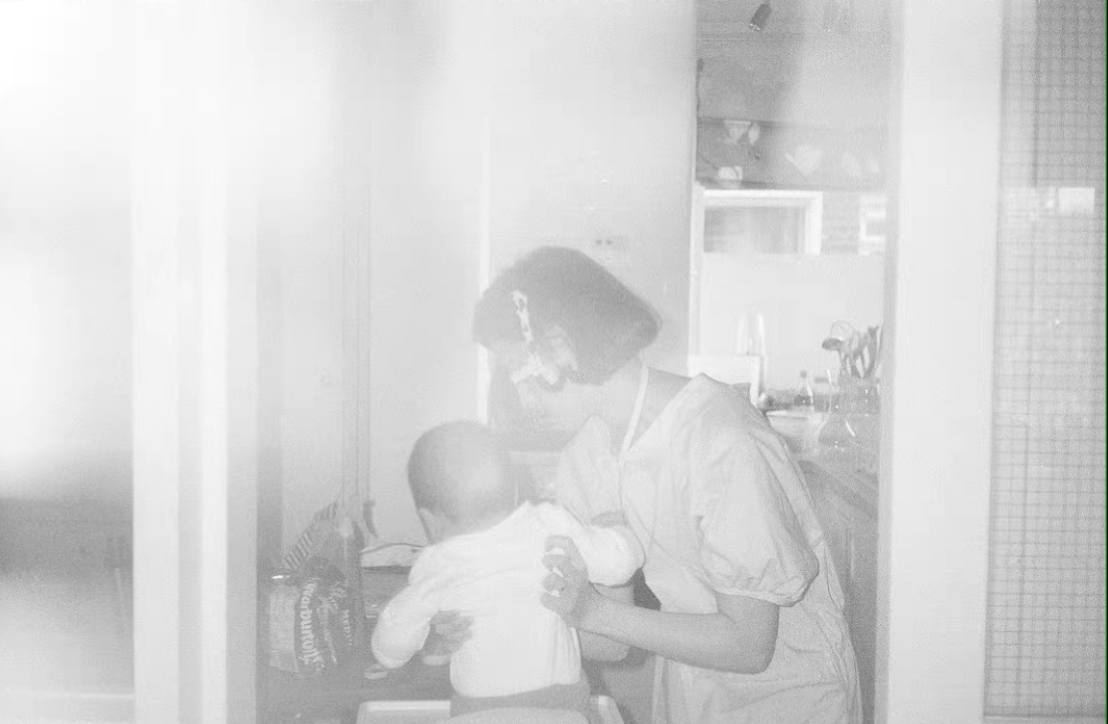
Jiayue Li has been an independent photographer and director since 2016. She has previously lived between London and Shanghai, working in documentary and fashion photography, and is currently based in Tokyo. After studying in Canada, she moved to London to attend the Bartlett School of Planning and in 2019 switched to Fashion Photography at London College of Fashion in order to learn more about studio photography, lighting, darkroom printing, and analogue photography techniques. She has shot fashion imagery for UK magazine The Gentlewoman and indie fashion brands ImyourAnkin, Rabbit Baby and Yushuo Kobayashi.
Wei Ting Wong: What was your start in photography like?
Jiayue Li: I used to do some modelling jobs when I was in high school. I have many photographer friends and they encouraged me to buy my first film camera, a Canon AE-1, which I shortly [afterwards] lost in a park and bought a Canon A-1 as a replacement.
I went to Canada for college. I did not enjoy my school life in Vancouver at all, so I dropped out. The only comforting memories I had during that time are walking around with a camera, taking photos, getting on a bus to the film lab and having a ramen whilst waiting for them to develop.
After dropping out of school, I went back to China and took a month to travel and study in Tokyo. It was springtime, everything was bright and shining. I had my camera with me, and met many friends who were also photography enthusiasts. I continued to take a lot of photos and shared them on my social media. When I went back to China, I was hired on a few photography jobs, that’s how I started.
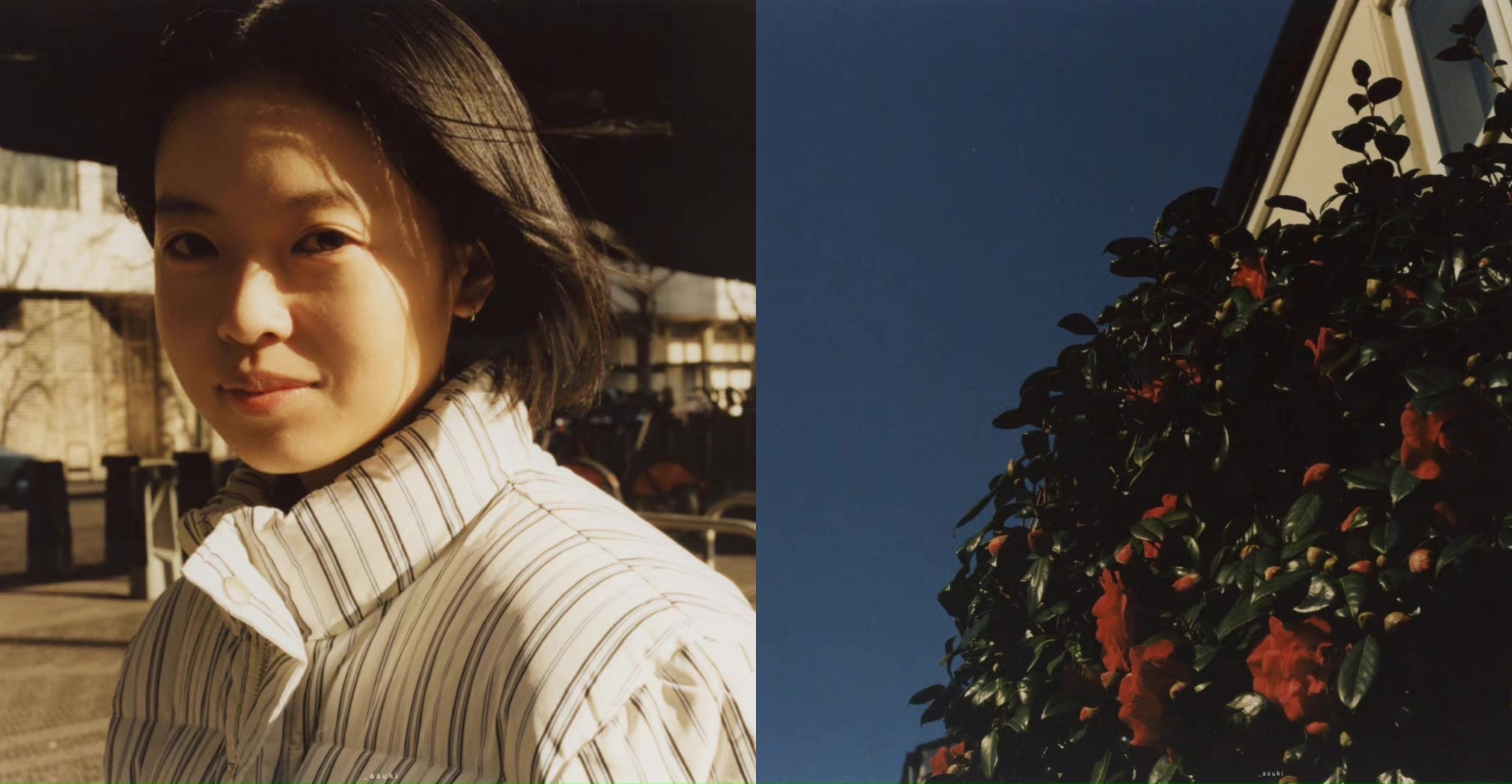
Wei: Where are you right now and what you have been up to?
Jiayue: I currently live in Tokyo, before that I lived in London for nearly seven years, and in Shanghai for two years. Changing location is a familiar challenge for me, different cities bring different opportunities. I would like to experience more, learn more, shoot more, and become a better photographer. It is also a journey of self discovery for me.
Wei: What does being a girl mean to you and how does that influence your photography?
Jiayue: It is a lived experience, a gender, a term that brings responsibilities.
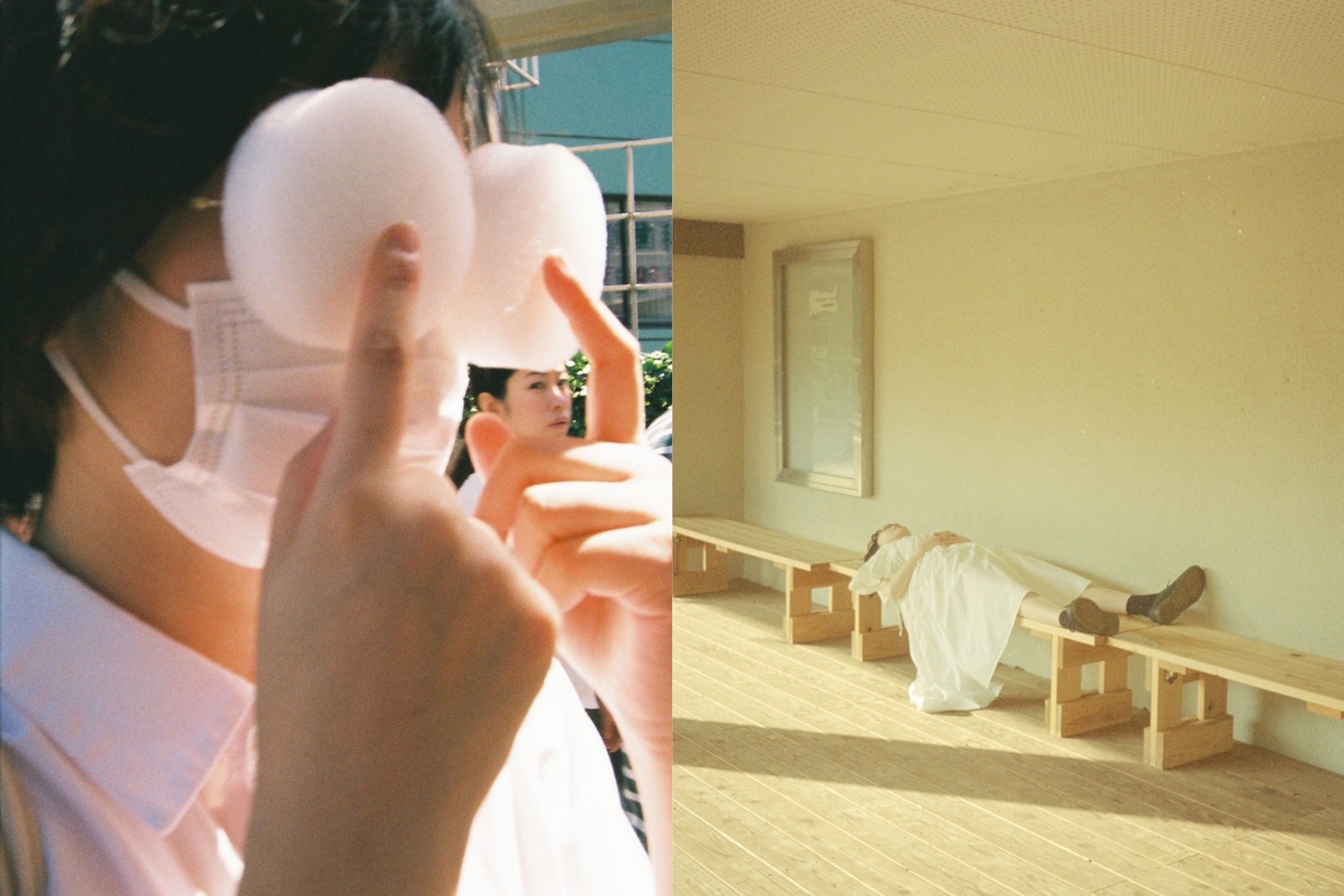
Wei: Your photos capture a light-hearted and innocent mood, what do you look for in the framing of a photo? When is the moment you decide to snap the picture?
Jiayue: I aim to capture and create something beautiful. I wish for my images to be friendly and hopeful. The moment I feel dokidoki,* that is when I know I have the shot.
Wei: What characteristics do you look for when casting a model?
Jiayue: For me I look for personalities I like, it is more about the feeling… Personally, I like people who look kind and friendly.
Wei: What influences your photography style?
Jiayue: Everything! Photography is from my life experiences and imagination. I gravitate towards my experiences, everything I see, everything I love and care about.
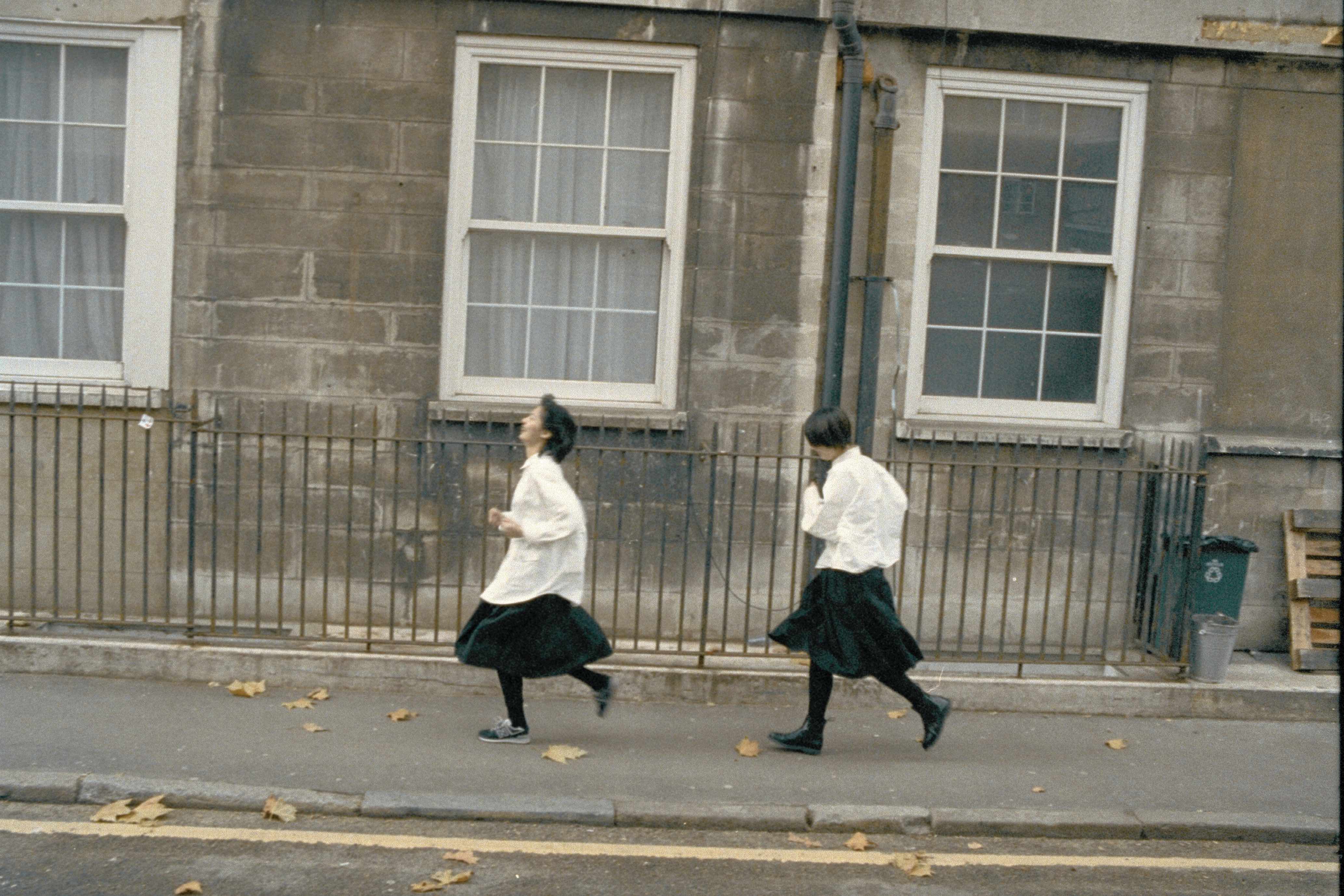
Find more of Jiayue’s work at @_lijiayue.
* A Japanese phrase commonly used in anime to describe someone’s heart beating quickly.
Banner image by Haedi Yue. Image features photographs by Jiayue Li, Mengyu Zhou, and Kiki Zhou (from left to right).





